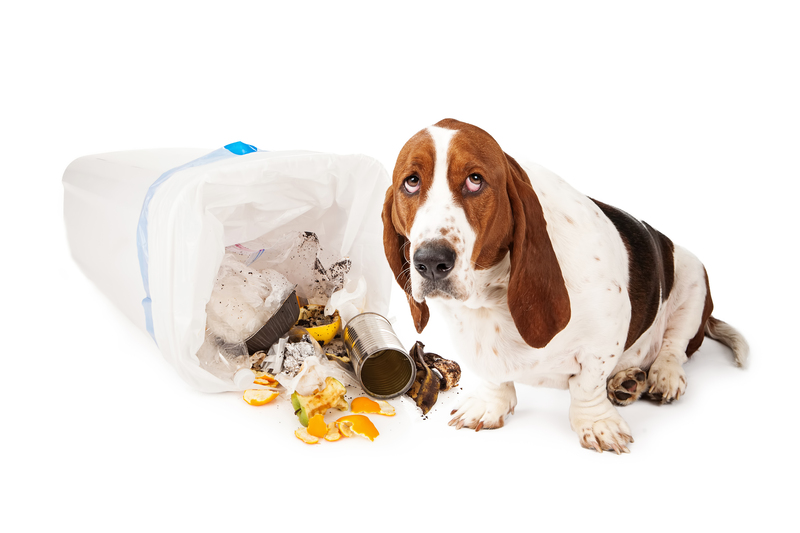Top 10 Innovative Techniques to Decrease Green Waste
Green waste, primarily composed of organic materials such as grass clippings, leaves, branches, and food scraps, is a significant environmental challenge. Addressing this issue effectively not only conserves natural resources but also contributes to a more sustainable future. Below are the top 10 innovative techniques to decrease green waste, offering practical solutions for individuals, communities, and businesses.
1. Composting at Home
Home composting is a straightforward approach to manage green waste. By transforming organic waste into nutrient-rich compost, you can improve soil quality and reduce landfill waste.
- Use a compost bin to manage scraps efficiently.
- Include both brown materials (e.g., dried leaves) and green materials (e.g., vegetable peels).
- Maintain a balanced moisture level and turn the pile regularly for aeration.

2. Community Composting Initiatives
Many communities are establishing community composting programs, providing residents with a local place to drop off their organic waste.
- Community gardens can use the compost to enrich soil and grow produce.
- Includes educational programs to teach residents about the benefits of reduced green waste.
3. Anaerobic Digestion
Anaerobic digestion is a process that converts organic waste into biogas and digestate, which are usable forms of energy and fertilizer, respectively.
- This method can be used for large-scale green waste processing.
- Encourages sustainable energy production and reduces greenhouse gas emissions.
4. Vermicomposting
Vermicomposting involves using earthworms to decompose organic waste, resulting in a rich compost called worm castings.
- Effective for small-scale operations such as homes or schools.
- Earthworm castings are excellent for plant growth and soil health.
5. Organic Mulching
Applying organic mulch such as wood chips or leaves around plants can help reduce soil erosion, retain soil moisture, and suppress weeds.
- Reduces the need for chemical fertilizers and save water.
- Repurposes garden waste into a beneficial material for landscaping and gardening.
6. Green Waste Collection Services
Municipalities are implementing specialized green waste collection services to separate organic waste from other refuse.
- Facilitates efficient recycling and composting processes.
- Encourages households to segregate waste correctly, leading to better waste management.
7. Bokashi Composting
This Japanese method, called Bokashi composting, involves fermenting waste using a microbial inoculant.
- Enables composting of non-traditional items such as meat and dairy.
- The fermentation process is odorless and quick, making it suitable for urban settings.
8. Vertical Gardening
A sustainable practice that utilizes vertical space for growing plants, vertical gardening reduces the need for regular soil, thus decreasing the creation of yard waste.
- Ideal for urban areas with limited space.
- Requires less maintenance and subsequently less green waste production.

9. Smart Landscaping
Incorporating native plants and xeriscaping techniques into landscaping reduces the amount of water and maintenance required, thus lowering green waste output.
- Choose plants suited to the local climate conditions.
- Use creative design solutions to balance aesthetic appeal with sustainability.
10. Innovative Waste-to-Energy Technologies
Advancements in technology have enabled the conversion of green waste into green energy, such as biofuel or electricity.
- Technologies like pyrolysis and gasification break down organic matter.
- Helps in energy recovery while reducing landfill waste.
Conclusion
Reducing green waste not only benefits the environment by minimizing landfill accumulation but also fosters a closed-loop system where organic waste is transformed into valuable resources. By implementing these innovative techniques, individuals, communities, and businesses can move towards a more sustainable and environmentally-friendly future. Understanding and integrating these methods into daily life are essential steps in managing organic waste effectively.
Achieving a balance between consumption and waste reduction requires both awareness and action. As we continue to innovate and adapt, the possibilities for a greener planet grow exponentially.